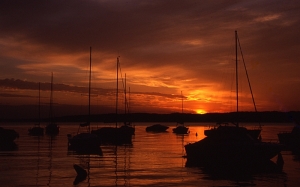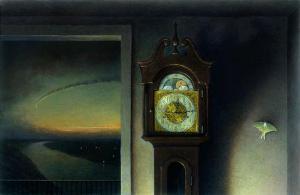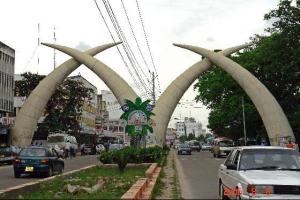_
Caelin Niehoff is a sophomore at DePaul University pursuing a degree in American Studies. Caelin is an Interfaith Scholar and is involved with Catholic Campus Ministry at DePaul.
_
I am a Christian; more specifically, I identify with and practice the Roman Catholic faith tradition. My Catholic “roots” so to speak, came from my grandmother. My grandmother’s experience of Catholicism, however, has been quite different from my own. Growing up in Limerick, Ireland, my grandmother’s encounter with Catholicism was the sight of her strong willed, younger sister receiving physical and verbal punishment from nuns in a classroom. Her experience of Catholicism was the rejection from priests in Perry Square who would not give her mother food. Juxtaposed to this, my grandmother also had positive experiences with the Irish, Catholic Community. Her fondest memories are those of Vincentian priests giving her candy; “they always remembered us children. We were poor, it was all we knew, but they knew we were children all the same”, she would say.
My grandmother’s Catholic history is uniquely different from my own, but I think the important fact is to note this difference. It is my perception and experience that Catholics experience Catholicism and interact with Catholicism in a variety of ways. I, myself, have had a dynamic faith journey as a Catholic that I strongly feel will continue to mold and change overtime.









